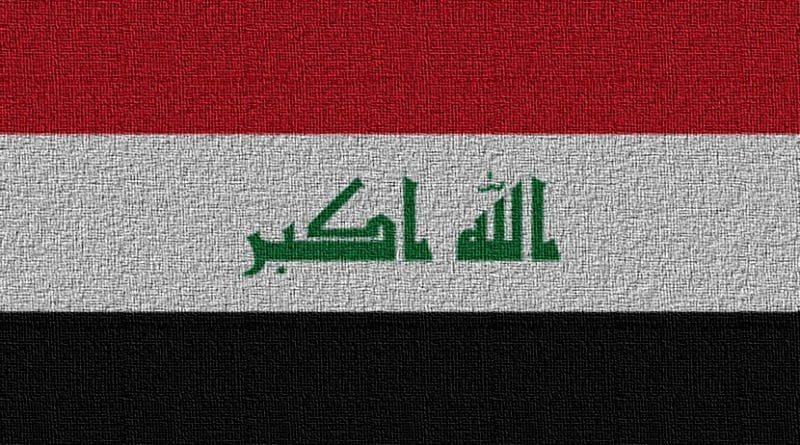Iraq: Parliament Approves Ministers, But Deadlock Over Security Posts
By Arab News
By Suadad Al-Salhy
Iraq’s parliament approved three new ministers Tuesday but broke up before voting on the five remaining posts amid a bitter dispute over the candidates for the security ministries.
Prime Minister Adel Abdul Mahdi has now filled 17 posts in his cabinet of 22 ministers but deadlock remains over the key ministries for defense and interior.
The dispute is between the two largest parliamentary blocs that sponsored the formation of the government after May elections. It erupted as Abdul Mahdi prepared for a parliamentary vote on his ministers in October after the two factions had approved his appointment after months of tortuous wrangling.
The Reform coalition is led by the influential Shiite cleric Muqtada Al-Sadr, while the Iran-backed coalition Al-Binna’a is led by Hadi Al-Amiri, commander of Badr Organization, the most powerful Shiite armed faction.
Al-Amiri nominated national security adviser Falih Al-Fayadh for the interior ministry. Al-Fayadh is also the head of the National Security Service and leads of the Iran-backed Popular Mobilization Units.
The retired general Faisal Fener, who once commanded Saddam Hussein’s private jet fleet has been nominated by Al-Sadr’s allies. Fener faces being sanctioned from holding the position under rules against former Baath party members.
Negotiators from the two blocs agreed late on Monday to approve three candidates, not to back two of them, and postpone voting on the other three.
On Tuesday, parliament approved the nomination of three ministers for higher education, culture and planning.
The candidates for defense, interior and justice were not presented for voting as had been agreed, negotiators told Arab News. The nominations for education and migration did not receive enough votes.
Reform MPs withdrew from the session to stop the votes taking place – a tactic deployed several times during the tortuous negotiations to form the government.
“The same problem still exists,” a negotiator for A-Sadr’s Reform told Arab News. “Abdul Mahdi has not changed his candidates for interior and defense so we have no deal over this.”
“He (Abdul Mahdi) has to come back with new names soon, otherwise his government will not be complete.
“We will continue what we are doing now until he changes the names of the candidates for interior and defense.”
Al-Sadr is a staunch opponent of Iranian interference in Iraq and considers Fayadh to be Tehran’s candidate. His nomination is the biggest obstacle to any deal between the two blocs to finalize the government.
Fayadh was an ally of the former Iraqi Prime Minister Haider Al-Abadi, but switched his allegiance to Al-Amiri after the election. Fayadh withdrew his allied MPs from Abadi’s coalition, depriving the former prime minister of the parliamentary backing required for him to win a second term.
“Why should we vote for him (Fayadh)? To encourage others to break and join our rivals?” a Reform negotiator said.
“We know that Iran is strongly backing his nomination to reward him for what he did against Abadi, so there is no way for us to vote for him.”

